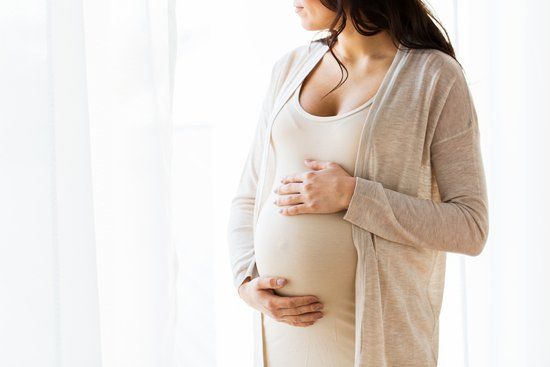Women who have only one embryo transferred during IVF treatment are five times more likely to have a full-term birth than those who receive two embryos, new research has shown.
According to a report in the British Medical Journal, women who receive more than one embryo are more likely to get pregnant but are at higher risk of having a premature baby or low weight child.
Under HFEA guidelines, fertility clinics in the UK actively have to reduce the chance of twins and triplets by transferring only one embryo per cycle in good prognosis patients. This is because multiple pregnancies carry serious increased health risks for both mother and babies, including a higher risk of miscarriage, prematurity and low birthweight.
The new research studied data on over 1,300 women who had either had elective single embryo transfer or double embryo transfer.
A full-term birth, at least 37 weeks, after elective single embryo transfer (eSET) was five times more likely than with double embryo transfer, with women 87% more likely to avoid premature birth after eSET.
The researchers say that elective single embryo transfer should be the ‘default’ position for the thousands of women who undergo IVF in the UK every year.
However, it is up to consultants, in discussion with patients, to decide on whether a single embryo transfer is likely to result in pregnancy. At Manchester Fertility, we use many different factors to reach this decision, such as age, medical history and embryo quality. There is no ‘one size fits all’ approach.
But it’s important to remember that IVF is not a quick way of getting a large family in one go. Multiple births do carry serious increased health risks, which is why the HFEA is so keen to bring the number of multiple births down, to 15% by the end of March 2012.
Last updated: 20th January 2020



